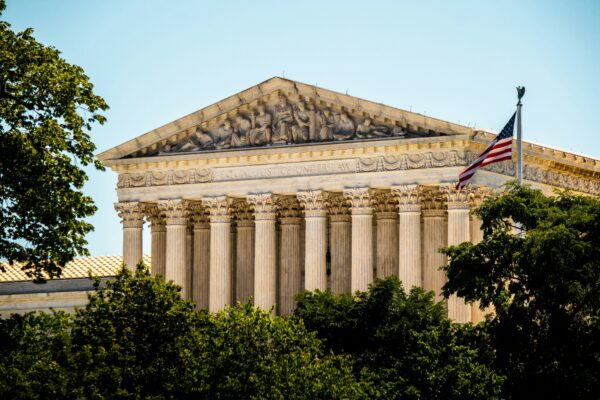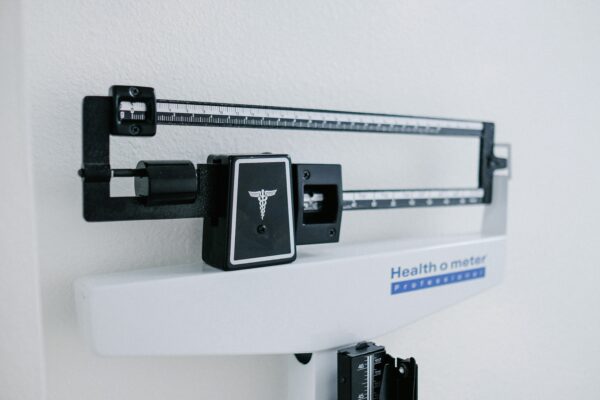September 18, 2024
Why Cash Payment for Covered Services Can Be a Compliance Concern
- by Shannon DeConda, Partner, Founder and President of NAMAS
Offering cash-pay services for procedures that are typically covered by insurance, such as B-12 or hormone injections, raises significant compliance concerns for healthcare providers. While this practice may seem convenient or financially beneficial, it presents serious risks under federal laws and insurance contracts. Here’s why this approach could lead to compliance issues that providers need to be aware of.
Understanding Insurance Contractual Obligations
When physicians join insurance networks, including Medicare, they are bound by the terms of the payer’s contract. These agreements typically require providers to submit claims for any covered services provided to insured patients.
If a practice accepts cash for a service that is covered by insurance, it may violate the contract terms. Regardless of the patient’s preference to pay out of pocket, the provider must submit the claim to the insurer. Failure to comply can result in penalties, including the potential termination of the provider’s contract with the insurance company.
Medicare and Medicaid: Stricter Rules
Medicare and Medicaid impose stringent billing rules that providers must follow. According to Medicare’s Mandatory Claim Submission Rule, providers must submit claims for all covered services, even if the patient prefers to pay cash. Ignoring this rule can lead to penalties, including significant civil fines.
This rule ensures that patients receive the full benefits of their insurance and that providers comply with their participation agreements. Violating this rule can result in penalties, including termination from the Medicare program.
Legal Risks: Anti-Kickback Statute and Fraud
Opting to accept cash payments instead of billing insurance can expose a healthcare practice to serious legal risks, especially under the Anti-Kickback Statute and the False Claims Act (FCA).
Anti-Kickback Statute: The Anti-Kickback Statute makes it illegal to offer, pay, solicit, or receive any remuneration, whether directly or indirectly, in exchange for referrals for services covered by federally funded programs like Medicare or Medicaid. The statute specifically prohibits “any remuneration (including any kickback, bribe, or rebate) directly or indirectly” intended to induce referrals or the purchase of services reimbursable under federal healthcare programs.
Charging cash for services that could otherwise be billed to Medicare or Medicaid beneficiaries might be interpreted as a form of remuneration to induce patients to bypass their insurance. The logic is that allowing cash payments could incentivize patients to seek care outside of the insurance system, potentially violating the statute’s prohibitions against financial inducements tied to federal healthcare programs. Violations of the AKS can lead to criminal penalties, fines, and exclusion from participation in federal healthcare programs.
“Whoever knowingly and willfully offers or pays any remuneration (including any kickback, bribe, or rebate) directly or indirectly…in return for referring an individual to a person for the furnishing…of any item or service for which payment may be made in whole or in part under a Federal health care program…shall be guilty of a felony and upon conviction thereof, shall be fined not more than $25,000 or imprisoned for not more than five years, or both.”
False Claims Act: The False Claims Act is a broad anti-fraud statute that holds liable anyone who knowingly submits, or causes to be submitted, false or fraudulent claims for payment to the federal government. It also prohibits avoiding an obligation to pay the government or improperly retaining money owed to it.
In situations where a practice avoids billing insurance for covered services and instead accepts cash payments, there could be concerns about improper retention of funds or misrepresentation of services provided. Even if no claim is submitted, circumventing the insurance billing process might be viewed as an attempt to defraud the federal government by obstructing its ability to reimburse and monitor services for patients covered under its programs. This could be seen as an attempt to avoid compliance with the statute’s obligations, triggering liability under the FCA.
“…any person who…knowingly presents, or causes to be presented, a false or fraudulent claim for payment or approval; [or] knowingly makes, uses, or causes to be made or used, a false record or statement material to a false or fraudulent claim…is liable to the United States Government for a civil penalty of not less than $5,000 and not more than $10,000…plus 3 times the amount of damages which the Government sustains because of the act of that person.”
Violating the Anti-Kickback Statute or the False Claims Act can result in severe consequences, including hefty fines, exclusion from federal healthcare programs, and even criminal charges. By offering cash-payment options for services that could be billed to Medicare or Medicaid, healthcare providers risk running afoul of these laws. Even if the intention is to streamline administrative processes, the federal government may view this as bypassing legal obligations tied to the provider’s participation in insurance networks, ultimately resulting in compliance investigations, audits, or sanctions.
Final Thoughts: The Importance of Compliance
Physician practices need to be acutely aware of their legal and contractual responsibilities when dealing with insurance billing. Accepting cash for services that could be billed to insurance not only risks penalties but also jeopardizes compliance with federal regulations and ethical standards.
Although accepting cash payments might be intended to offer convenience or simplify billing, failing to properly vet the potential legal consequences can lead to significant issues. Such practices could inadvertently breach regulations like the Anti-Kickback Statute and the False Claims Act, leading to substantial financial and legal repercussions. The brief convenience of bypassing insurance billing does not outweigh the potential for severe penalties and damage to the practice’s reputation.
In an era of stringent regulatory scrutiny, maintaining compliance and transparency is crucial for safeguarding both the practice and its patients. Careful consideration and adherence to regulatory requirements are essential to avoid jeopardizing the practice’s operations and standing.

























